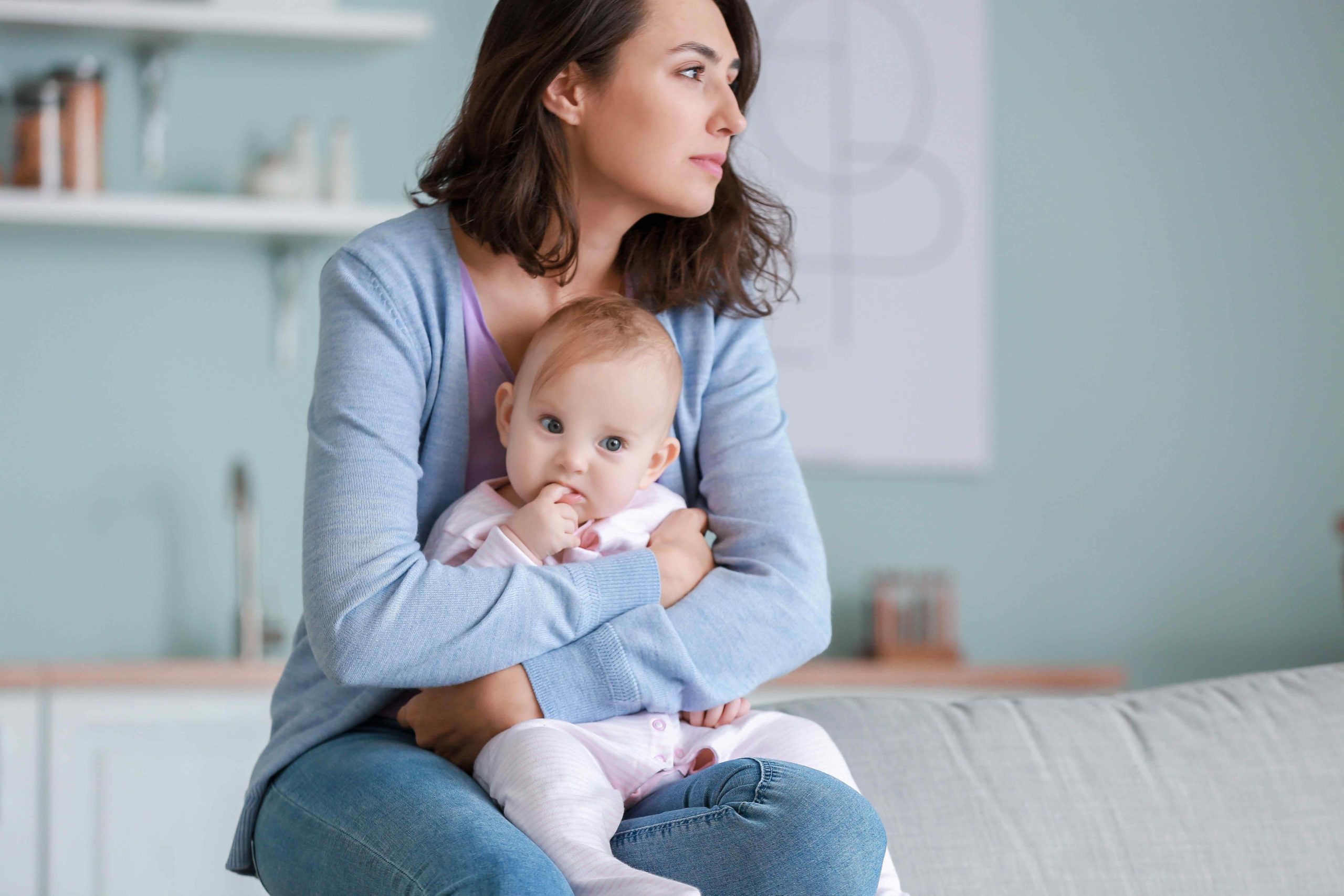

POSTPARTUM ANXIETY/ DEPRESSION
What is postpartum anxiety (PPA)?
Your baby is FINALLY here! Everyone is thrilled – and so are you! However, it is TOTALLY normal to have mixed feelings in the postpartum period.
Here are some worries you may have in the initial period after having a baby: Is my baby eating enough? Is he/she breathing right? Does their poop look normal? Am I holding them correctly? Why are they crying? Are they getting sick?
Some level of worry is expected after welcoming a new baby to your family.
Postpartum anxiety, however, is when a person experiences severe anxiety after having a baby or becoming a parent that interferes with daily functioning. These anxious feelings are often out of control and take over a person’s thoughts. With postpartum anxiety, you are worrying for most part of the day and the thoughts are all consuming.
What about postpartum depression (PPD)?
We all hear about the baby blues! The period when you are a new mom can be tough with your hormones changing, breast feeding, poor sleep, and adapting to the new normal. New moms often are emotionally sensitive and tend to cry easily. The baby blues is uncomfortable, but usually doesn’t interfere with functioning as a mother, and it almost always goes away within a few days to two weeks.
Postpartum depression is more serious and lasts for a longer period of time than the blues (more than 2 weeks). If you have postpartum depression, then sad, flat, or empty feelings don’t go away and can interfere with your everyday life. You might feel like you are having trouble connecting with or bonding with your baby. You may also feel emotionally drained to care for yourself or your family.
When should I seek help for postpartum anxiety (PPA) and/or depression (PPD)?
Anyone can benefit from psychosocial care and support during the postpartum period. Both PPD and PPA are treatable conditions.
IF at any point you have thoughts about hurting yourself or your baby, please do not take it lightly and seek help IMMEDIATELY by calling 988 or going to your nearest emergency room.
What does treatment for PPA and PPD look like?
CBT is a treatment used by psychologists to help identify your emotions and change your thought patterns. Through CBT, you can unlearn negative thoughts and behaviors and adopt healthier thinking patterns and habits. CBT is an excellent treatment approach for those with PPA and PPD. In some cases, medication may be a necessary form of treatment as well.
If you think you may benefit from postpartum anxiety and/or depression services or even just support coping with the baby blues, please call (470) 610-0414 to speak with one of our providers. We look forward to working with you!

